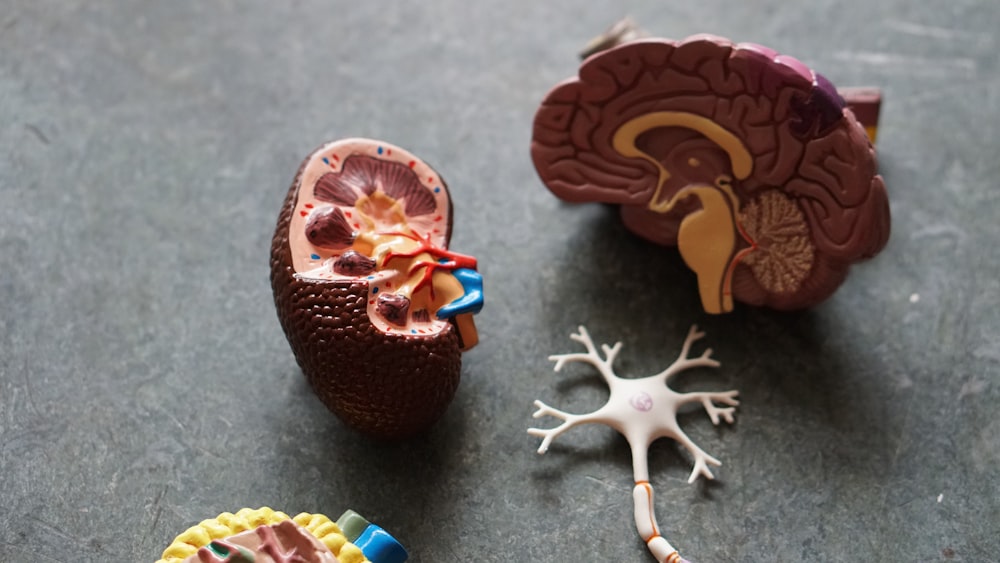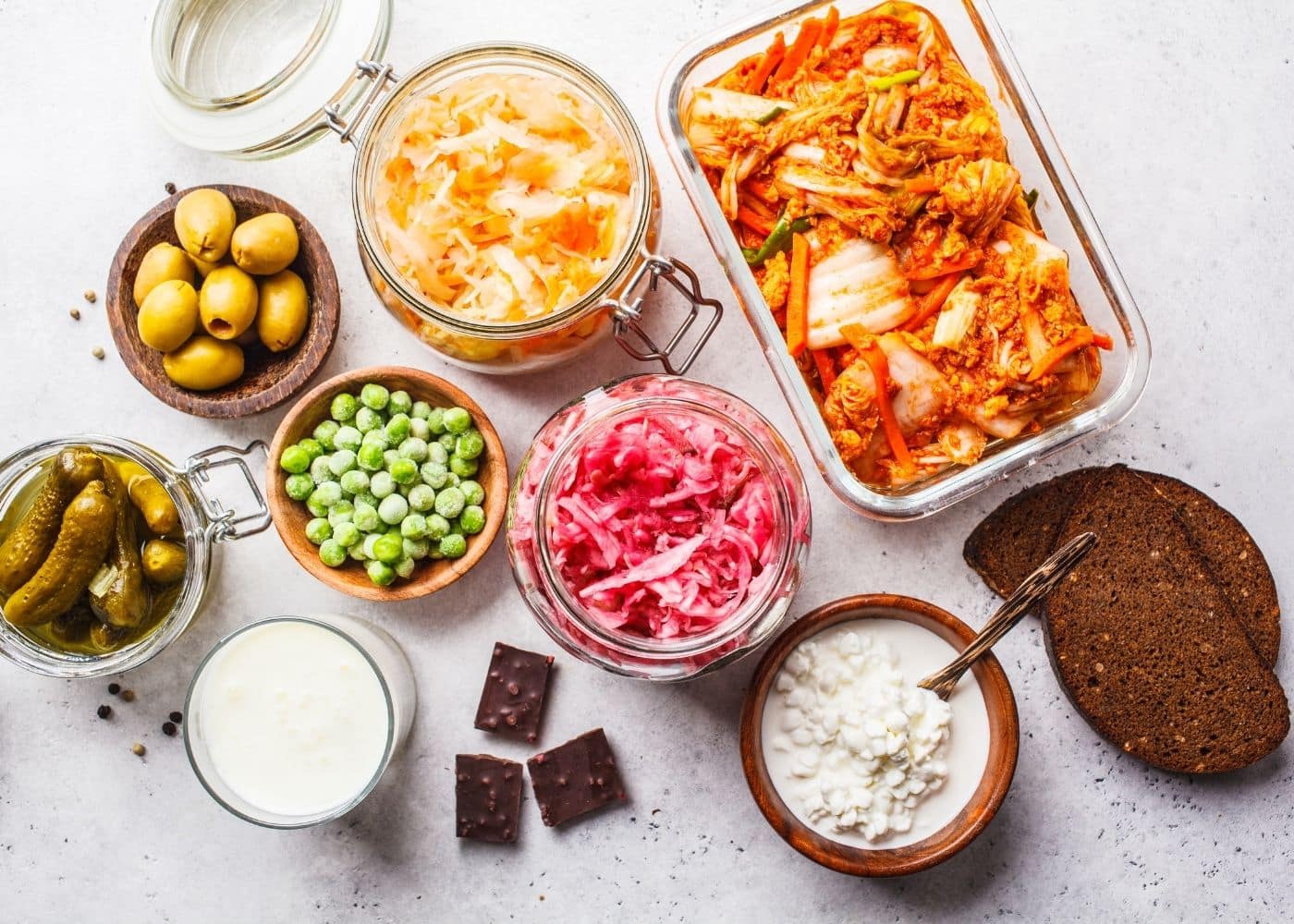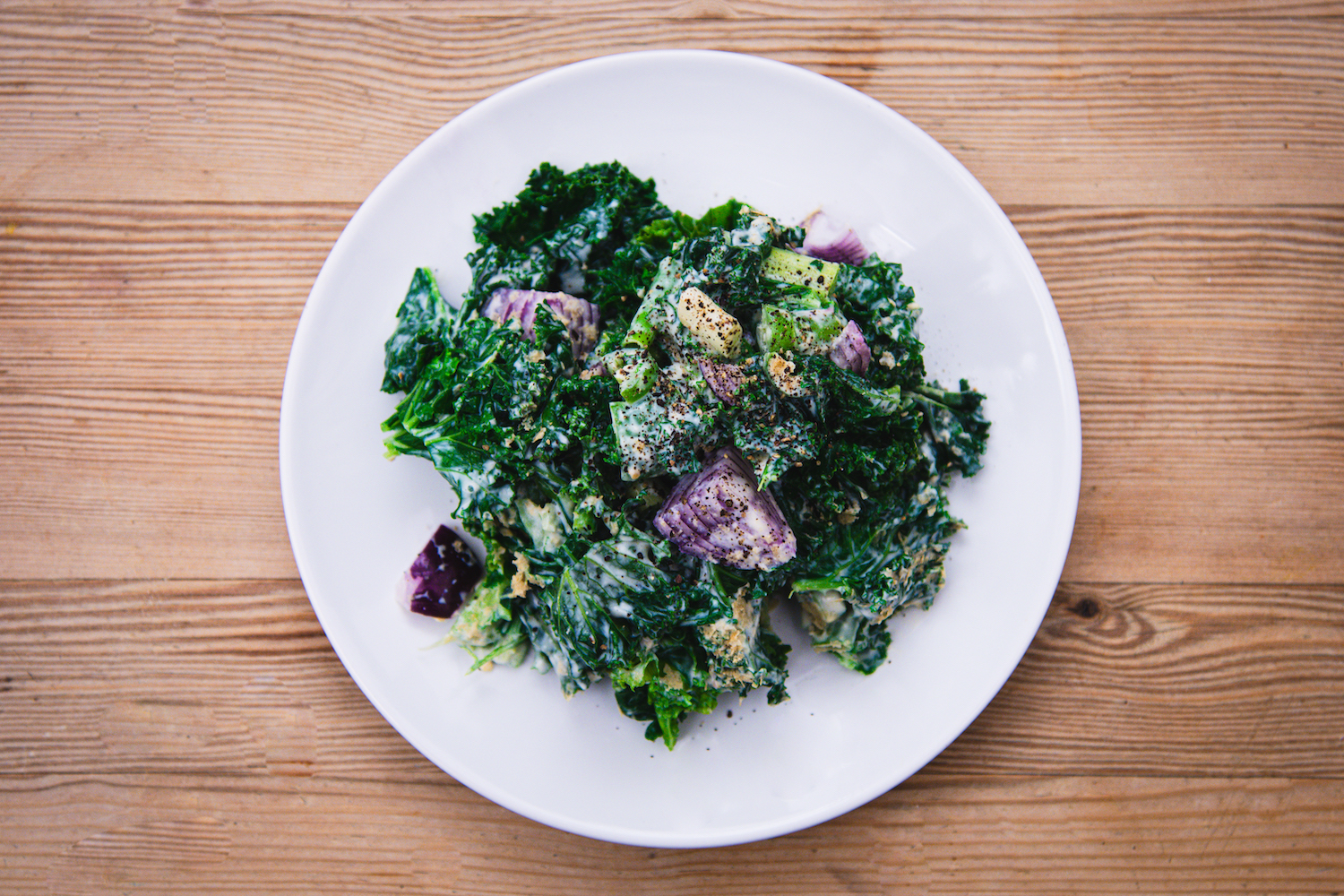Scientists tell us that if your bowel is happy, your brain will be, too. Today, we can alter our gut microbiota with prebiotics and probiotics, and it’s thought that they can be powerful tools to help us deal with daily stress, anxiety, depression, and even mitigate the effects of other mental health illnesses. Here, we give an overview of what we know about our gut and mental health.
The effect of the gut microbiome on mental health has been a recent hot topic in the medical world. Regardless, let’s not forget that the gut-brain connection isn’t all that new: it has noted since the early 20th century.
There is a direct link between our brain and stomach, meaning that an upset stomach can send signals to our brain and a distressed brain can send signals to our stomach1. Recent studies have found that gut bacteria play a role in brain neurotransmitter systems, influencing the development of emotional behaviour and even stress. There are multiple mechanisms, such as the neurocrine and endocrine pathways, that are involved in signalling that allows the brain to alter our microbial composition and behaviour. Furthermore, neuroimmune modulation by the microbiota can display signs and symptoms of behavioural disorders such as anxiety, depression, Alzheimer’s disease, Parkinson’s disease, and autism spectrum disorder2.
The Gut-Brain Axis
Direct biochemical communication between the brain and digestive tract are set up by our special nerve cell and immune pathways. The gut-brain axis includes the central nervous system and the endocrine and neuroimmune systems, which are essential for establishing regulation between the intestine and the brain.
The development of Alzheimer’s disease can be slowed down or prevented, simply by restoring a healthy gut bacterial composition.
Our gut bacteria are responsible for producing neuroactive compounds, such as 90% of the neurotransmitter serotonin that balances our emotions, whilst our brain sends signals to the digestive tract to stimulate digestion. Meanwhile, the gut-brain axis not only balances our emotions, but can also contribute to the progression of Alzheimer’s disease by setting up a unique microbial pattern, particularly a decrease in Bifidobacterium. This means that the development of Alzheimer’s disease can be slowed down or prevented, simply by restoring a healthy gut bacterial composition3.
From Probiotics to Psychobiotics
Probiotics are live bacteria that can help restore the balance of bacteria in our gut when we’re ill or under treatment. Several studies have shared the benefits of probiotics in the past decade. Likewise, psychobiotics are also considered key elements for an effective immune system that support and influence the connection between the gut and brain. The relationship between probiotics, psychobiotics, and cognitive and behavioral processes is crucial as it can alter mood, learning, and memory through various types of signalling2. Even if our understanding of psychobiotics is still in its infancy, a few strains of Bifidobacteria and Lactobacillus species have shown beneficial effects on mood and anxiety in both animal studies and preliminary human studies. These species can readily be found in yogurt and other fermented foods4.
Eating for Your Bacteria & Brain
Researchers have emphasised how certain dietary measures can support both our gut and mental health. Notably:
- High-fiber fruit and vegetables contain prebiotics that can reduce stress hormones.
- Fermented foods such as yogurts, kefir and sauerkraut contain healthy microbes that can alter brain activity.
- Polyphenol-rich food such as cocoa, green tea, olive oil, etc., increase healthy gut bacteria and can potentially improve cognitive power.
- Tryptophan-rich foods like soy beans, pumpkin and sunflower seeds convert amino acid into the neurotransmitter serotonin5.
- Omega-3 fats increase good gut bacteria and reduce the risk of brain disorders.
Overall, try to focus on eating a diet that is mostly plant-based, low in sugar and high in fiber. Lastly, avoid packaged and processed foods since they contain additives that can disrupt healthy gut bacteria. This means focusing on eating fresh fruits and vegetables instead of packaged vegetables and fruit juice6.





